On February 6th we have another guest speaker. Steven Altschuler from the University of California (http://www.altschulerwulab.org/home) will give a talk on Cellular decisions in rapidly dividing tissues.
Date: February 6th
Time: 4 p.m.
Venue: IRI Life Sciences,
Humboldt-Universität zu Berlin,
Philippstr. 13, Michaelis Building (No 18),
Maud Menten Hall (3rd Floor)
https://goo.gl/maps/9LUWXKXj6pv
Cellular decisions in rapidly dividing tissues
We will talk about recent progress in understanding how cells make decisions in rapidly dividing populations. In the first part, we will report on single-cell cancer fate decisions after non-lethal dose of chemotherapy. Chemotherapy is designed to induce cell death. However, at non-lethal doses, cancer cells can choose to remain proliferative or become senescent. The slow development of senescence makes studying this decision challenging. In the second part, we will report on how network crosstalk in the intestinal epithelium regulates cell lineage decisions. We will make use of a novel 2-D gut organoid culture system to dissect how small intestinal epithelium translates combinatorial signals into changes in cell-type composition. Our study helps links the size of the proliferating progenitor compartment with cell-fate specification, enabling a unified and diverse response to the microenvironment.

